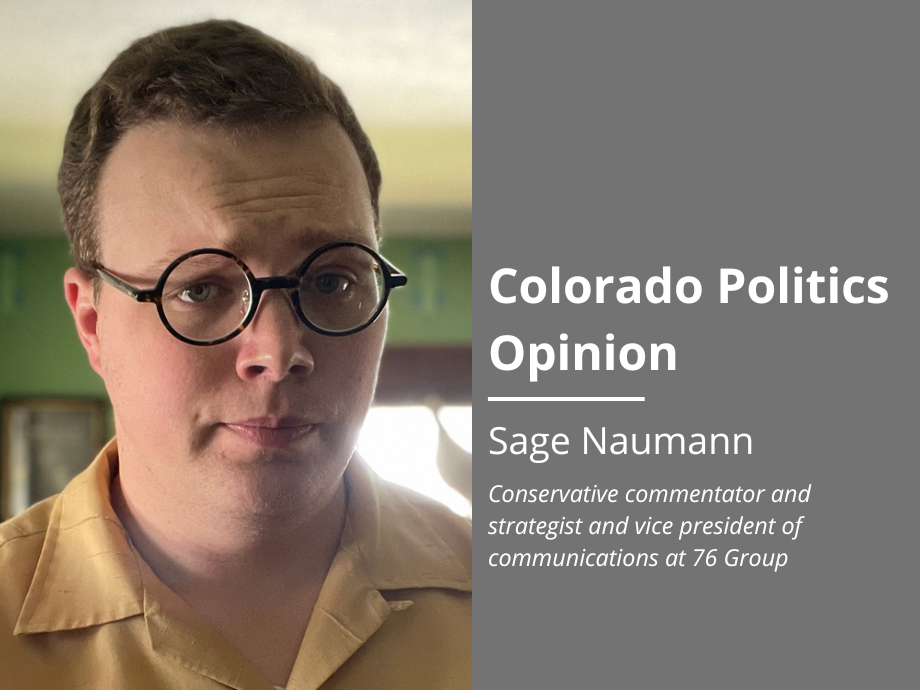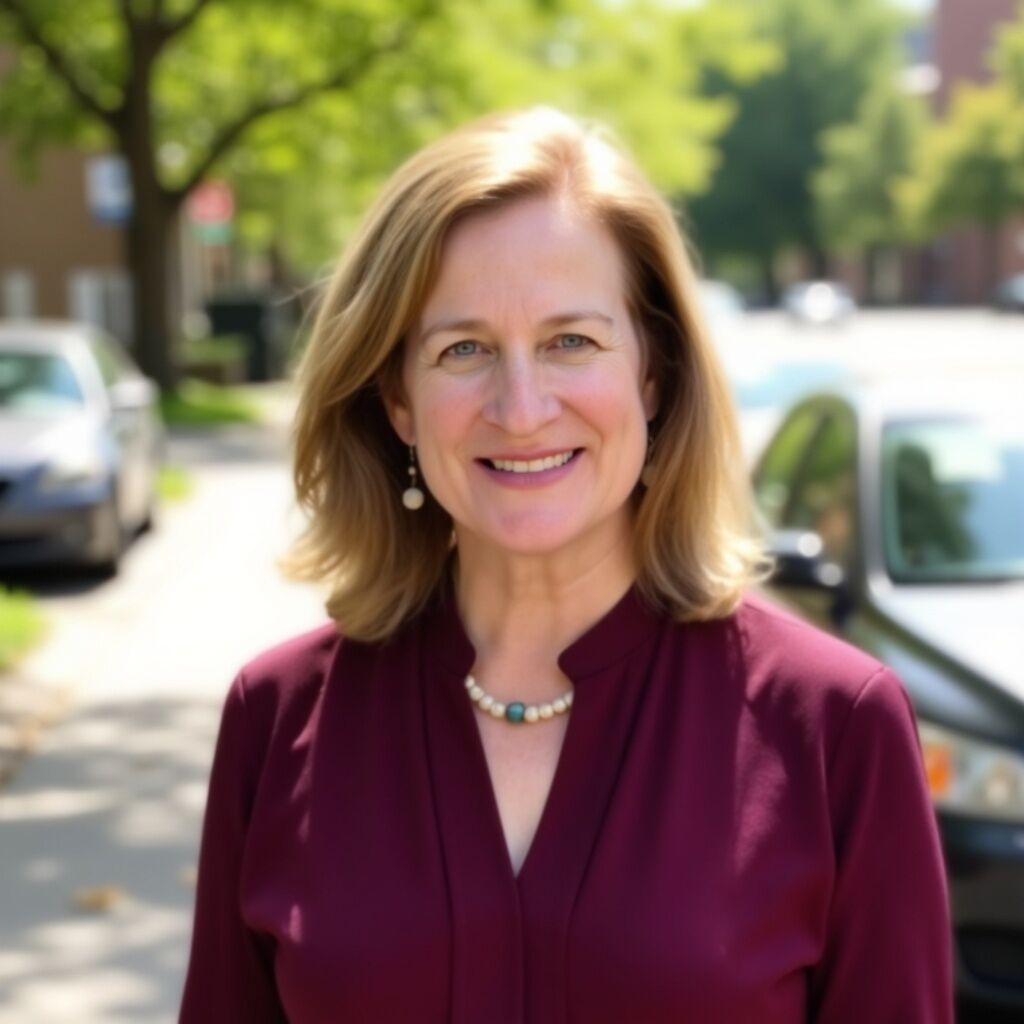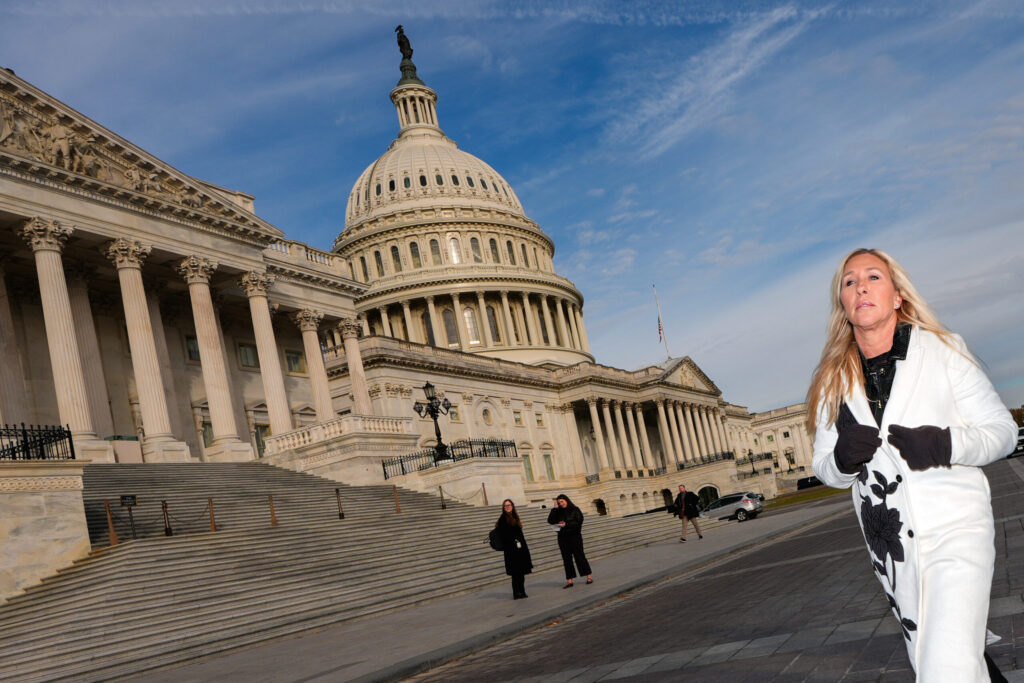Since when was efficiency the goal of a democracy? | COUNTERPOINT


Indeed, special elections cost money, but if money is the primary concern, why hold elections at all? I imagine there is a clever despot somewhere in world history that has made such an argument. Nearly a quarter of the entire Colorado General Assembly is made up of legislators who earned their seats by vacancy committee. Regardless if you are satisfied with certain “chosen” legislators that come from this system, one must admit it is concerning how many of our leaders have never had to face 99% of the voters in their district.
If you’re unfamiliar, these vacancy committees are made up of a few dozen individuals chosen by the political party of the departed member. My counterpart is concerned a district would be deprived of representation if not for those few dozen quickly choosing a replacement. I believe labeling the outcome of a system such as this as “representation” is a gross abuse of the word. A few dozen voters from one political party are not representative of the entire district.
Stay up to speed: Sign-up for daily opinion in your inbox Monday-Friday
Obviously, vacancy committees are more efficient than special elections. The fewer people you have to decide on something, the easier the decision is to reach. Our federal government would be more efficient if one party ruled it (see: North Korea, China). Thankfully, efficiency isn’t the goal of a democratic republic. If a state senator resigns one year into their 4-year term, is it ridiculous to propose we hold a special election to allow the voters to decide who serves out the remaining three years? I’m sure there are certain circumstances where we can still employ a vacancy committee (halfway through the final session of a legislator’s term, for example).
Unfortunately, the vacancy committee system has been accepted as functional because we live in a two-party political system. A Republican is a Republican and a Democrat is a Democrat, does it matter whose name is on the desk? Perhaps we should aspire to be more considerate of the individual, or more importantly, the individual’s principles and policies, than of their political party.
Though imperfect, vacancy process better than alternatives | POINT
Let’s assume Lisa is correct in stating such a move toward democracy would have cost taxpayers $13 million. With a budget of $38.5 billion this year, I think the state could afford to cough up 0.03% of its dollars toward ensuring voters have a chance to weigh in on who represents them. Even so, perhaps such a price tag would make legislators think twice about playing political musical chairs every few years instead of fulfilling their commitment to voters.
I will agree with my counterpart on one point: the vacancy committee process should be reformed to make it more democratic. I’m thinking we should expand the committee to the entire district. What could be more democratic than that?
Sage Naumann is a conservative commentator and strategist. He operates Anthem Communications and was previously the spokesman for the Colorado Senate Republicans. Follow him on Twitter @SageNaumann.













